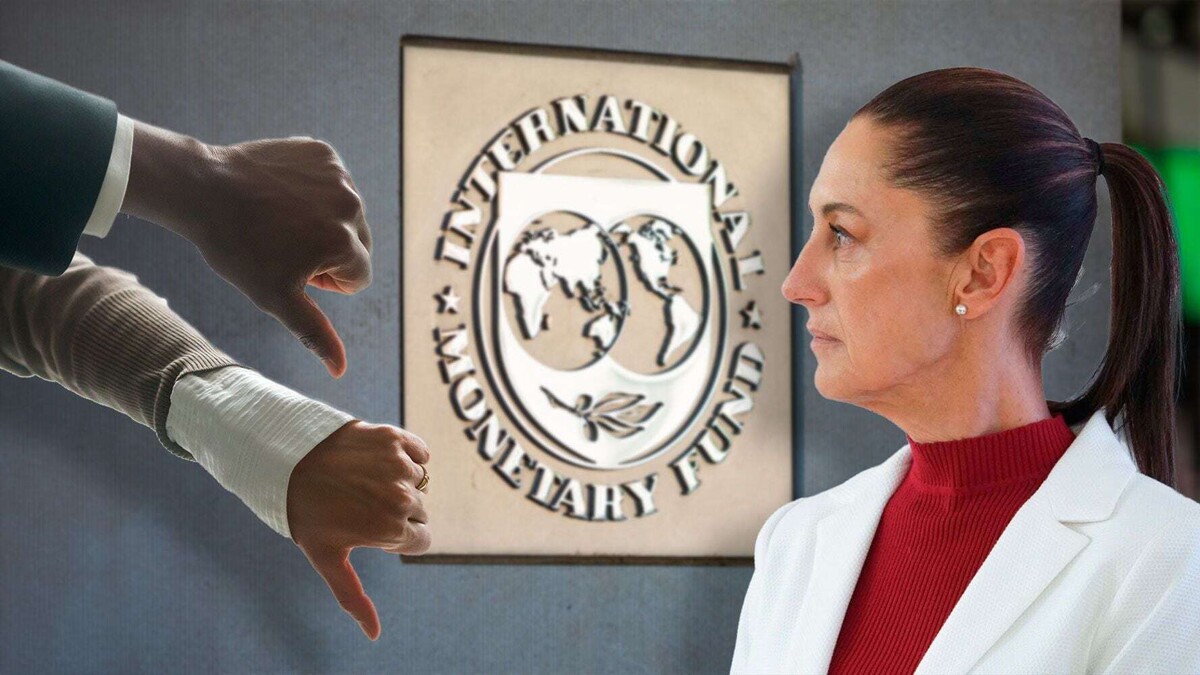
The economic situation in Mexico faces various challenges that are negatively impacting the country's prospects. First, extortion and the collection of protection fees have increased, particularly affecting medium and small businesses. On the other hand, the estimated high fiscal deficit for 2024, at 6 percent, and the difficulties in reducing it to 3 percent generate uncertainty.
Additionally, complications in reducing inflation, primarily in the services sector, along with the slow reduction of interest rates, also contribute to worsening expectations. This is compounded by a possible distant relationship with the United States and pressures on Mexico due to various issues such as migration, fentanyl, the rule of law, and trade with China, amid the upcoming renegotiation of the USMCA.
Regarding Pemex, the uncertainty about its future under new leadership is another relevant factor that has not found clear answers. All of this has generated a risk aversion that penalizes the potential for growth and employment in the country, with no immediate solutions in sight for these problems.
To improve this situation, the need to significantly reduce the fiscal deficit is proposed, although it is not mandatory for it to reach 3 percent of GDP. The importance of starting to address insecurity and restoring a positive working relationship with the United States to generate favorable impacts on the Mexican economy is also emphasized.
On an international level, the perception of Mexico has shifted from positive in previous years to neutral and currently pessimistic, according to rating agencies and global investors. Factors such as the recent judicial reform have generated divided opinions among investors, contributing to uncertainty about the country's economic future.














